Researchers explore the integration of quantum computing into robotics, highlighting advances in architecture, perception and interaction.
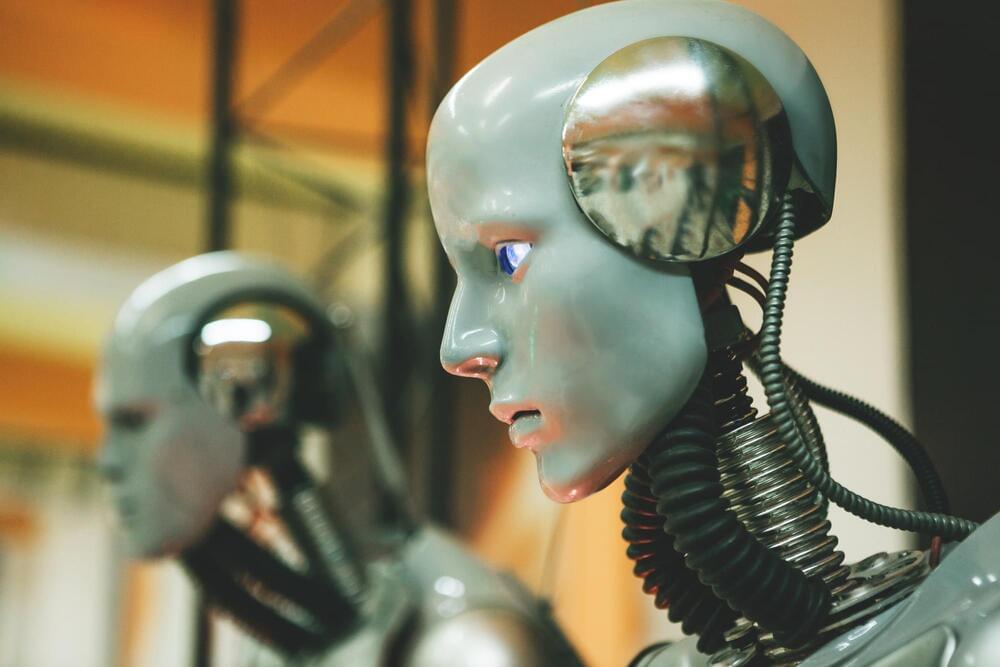

This system charges without external fields, advancing energy technology.
A research team at the University of Genova has developed the spin quantum battery, an energy storage system that uses the spin degrees of freedom of particles.
The battery utilizes the spin properties of particles for energy storage and release, with a distinctive charging method that eliminates the need for an external field.
Quantum many-body theory and non-equilibrium physics are longstanding research areas within the quantum condensed matter theory group led by Maura Sassetti at the University of Genova, according to senior author Dario Ferraro.
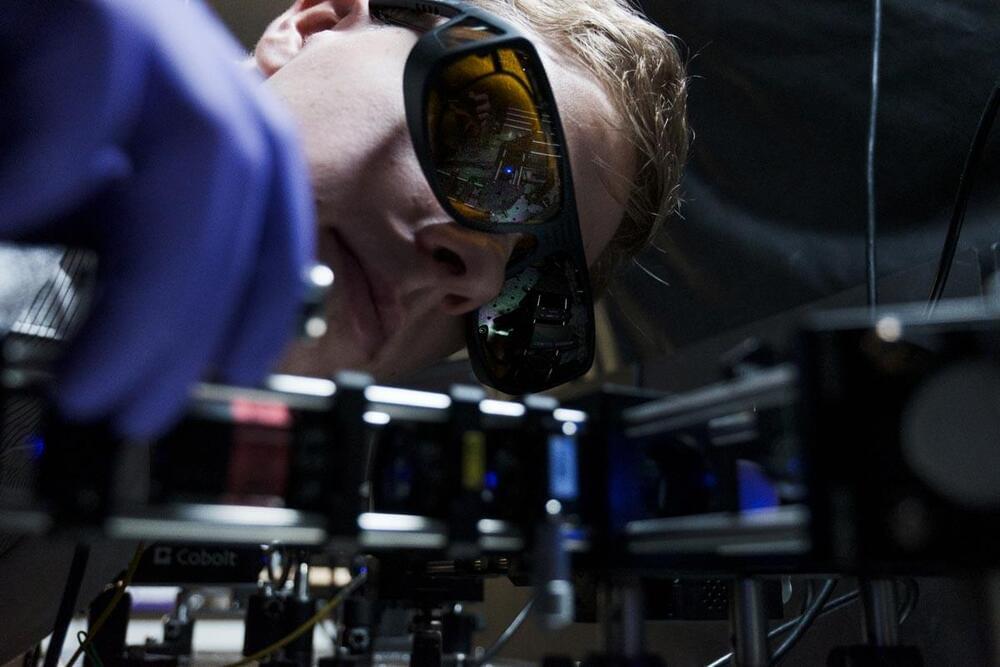
Researchers have developed a revolutionary method to produce entangled photon pairs using much thinner materials, drastically reducing the size of quantum computing components.
This breakthrough enables simpler, more compact setups for quantum technologies, potentially transforming fields from climate science to pharmaceuticals.
Breakthrough in Quantum Computing.

This article introduces the “Scaling Entropy-Area Thermodynamics” (SEAT), a unified framework claiming that all gravitational systems’ entropy scales with their surface, rather their volume, allowing gravity to be explained as an emergent phenomenon. This approach reveals how entropy, information, spacetime geometry and quantum mechanics are intrinsically linked fromnotions such as von Neumann entropy, Bekenstein bound and Ryu-Takayanagi conjecture. With the help of new entropy formulations involving surface gravity, SEAT illustrates how gravitational entropy explains gravitational systems from structured information at the boundary surface.

Advancements in deep-tech solutions addressing global healthcare challenges.
The landscape of healthcare is undergoing a radical transformation fueled by deep-tech innovations that tackle some of the most pressing global health challenges. Deep-tech, a term that encompasses technologies grounded in scientific research and engineering advancements, is reshaping diagnostics, treatment modalities, and healthcare delivery systems on a global scale. With increasing demands for accessible, efficient, and equitable healthcare, deep-tech solutions—such as artificial intelligence (AI), advanced robotics, nanotechnology, biotechnology, and quantum computing—are playing pivotal roles in reshaping modern medicine.
This article explores the advancements in deep-tech solutions that are addressing global healthcare challenges and provides insight into how these technologies are likely to shape the future of medicine, impacting medical professionals, patients, and healthcare systems worldwide.
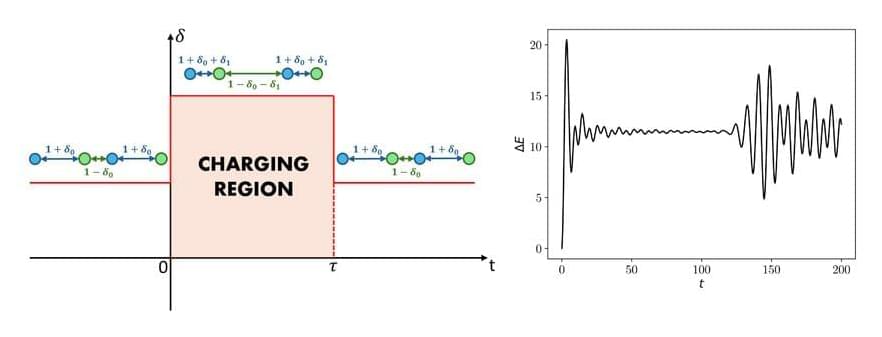
Over the past few years, some researchers have been working on alternative energy storage systems that leverage the principles of quantum mechanics. These systems, known as quantum batteries, could be more efficient and compact than conventional battery technologies, while also achieving faster charging times.
In a recent paper published in Physical Review Letters, a research group at University of Genova introduced a new spin quantum battery, a battery that leverages the spin degrees of freedom of particles to store and release energy. This battery is charged in a unique and advantageous way, without the need for an external field.
“Quantum many-body theory and non-equilibrium physics are traditional topics in the quantum condensed matter theory group led by Maura Sassetti at University of Genova,” Dario Ferraro, senior author of the paper, told Phys.org.
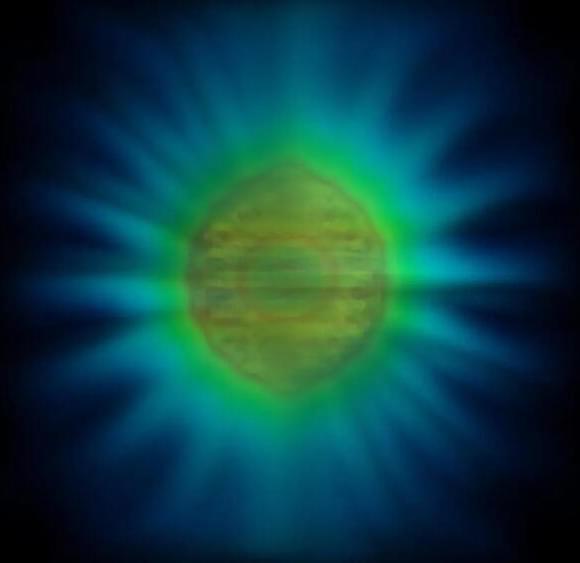

The ability to control and optimize electron behavior is crucial for realizing the potential of the best quantum materials.
Scientists at Loughborough University have made an exciting breakthrough in understanding how fine-tuning the behavior of electrons in quantum materials can unlock the next generation of advanced technologies.

Researchers at the University of Chicago have developed a new method for enhancing quantum information systems by integrating trapped atom arrays with photonic devices.
This innovation allows for scalable quantum computing and networking by overcoming previous technological incompatibilities. The design features a semi-open chip that minimizes interference and enhances atom connectivity, promising significant advances in computational speed and interconnectivity for larger quantum systems.
Merging technologies for enhanced quantum computing.
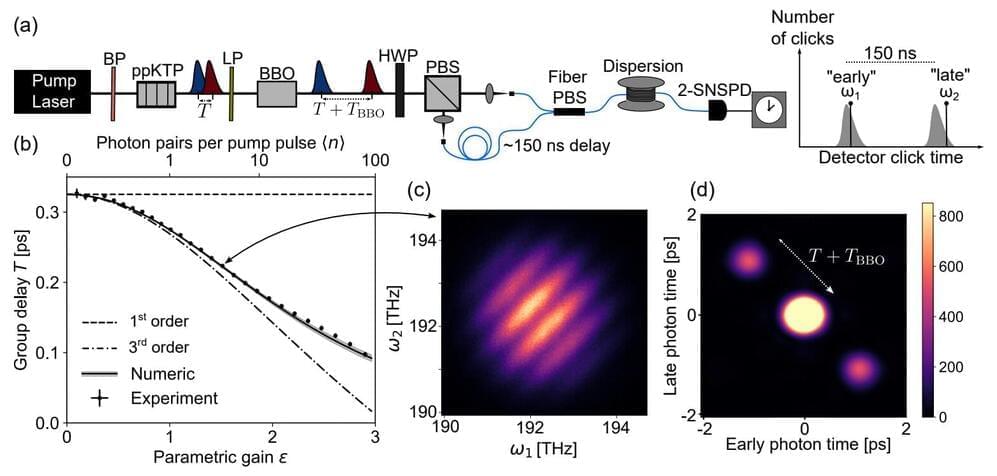
Since it was first demonstrated in the 1960s, spontaneous parametric down-conversion (SPDC) has been at the center of many quantum optics experiments that test the fundamental laws of physics in quantum mechanics, and in applications like quantum simulation, quantum cryptography, and quantum metrology.
SPDC is the spontaneous splitting of a photon into two photons after it passes through a nonlinear object like certain crystals. The process is nonlinear and instantaneous, and the two output photons (called the signal photon and idler photon) satisfy conservation of energy and momentum compared to the input photon (the pump photon). SPDC is often used with a specially designed crystal to create pairs of entangled photons.
A research team from Canada has discovered that there is a delay between the detection of the two output photons, one that depends on the intensity of the incoming light that impacts the crystal. They call this a “gain-induced group delay.”